Summer 2022
Viewpoints From the Profession
By Danielle Boykin
More than 2,400 professional engineers, engineer interns, and students offered their perspectives on industry issues and hot topics featured in NSPE’s 2022 Engineering Outlook Survey. The survey, conducted in April, touched on climate change, diversity and inclusion, education, ethics, licensure, sustainability, and other noteworthy topics. Here are some of the key findings from the survey and insights from NSPE members on these issues.
Survey Demographics
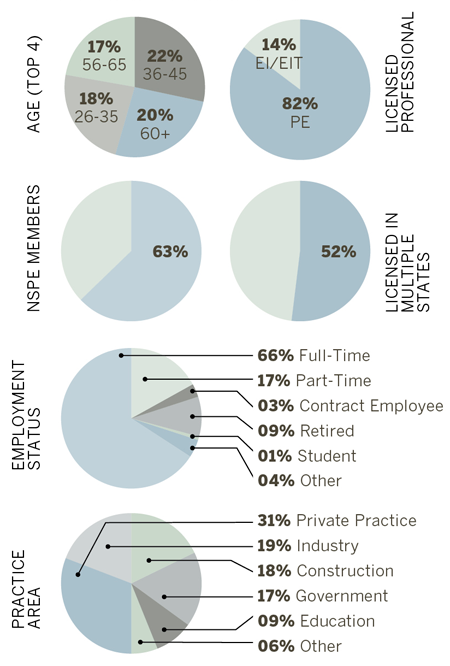
The PE Role in Sustainable Design and Addressing Climate Change
NSPE believes that PEs must be engaged in creating, maintaining, and renewing sustainable communities, which is critical to the public health, safety, and welfare. As the weather becomes more severe, PEs are at the forefront of designing infrastructure that can adapt to keep the public safe and secure. In February 2022, the Society endorsed the Engineering Change Lab–USA’s “The Role of the Engineering Community in Addressing Climate Change” statement seeking to energize the profession to lead on sustainability and resilience solutions. Survey participants revealed that they too are supportive of sustainability and resilient design practices and the PE role in addressing climate change. Forty-two percent agreed and 25% strongly agreed that professional engineers should promote sustainable and resilient design practices. When asked if professional engineers should be more involved in addressing climate change issues, 30% of survey participants agreed and 16% strongly agreed.
-
PROFESSIONAL ENGINEERS SHOULD PROMOTE SUSTAINABLE AND RESILIENT DESIGN PRACTICES.
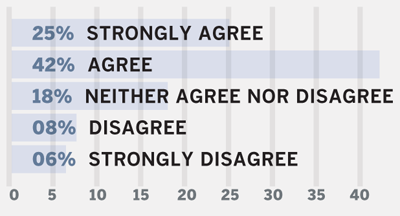
-
PROFESSIONAL ENGINEERS SHOULD BE MORE INVOLVED IN ADDRESSING CLIMATE CHANGE ISSUES.
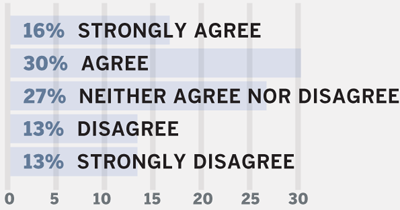
Professional engineers should be in tune with climate change studies and commonly accepted views by the majority of scientists. Professional engineers are STEM members and need to recognize the scientific process and respect it.
Zachary S. Carpenter, P.E. (Tulsa, Oklahoma)
I’m involved in working on the mechanical, electrical, and plumbing design for new buildings. I feel that an authority having jurisdiction (AHJ) should take a stronger stance on building regulations that can address climate change. For example, buildings in New York City should be permitted to be built at higher elevations to work towards eliminating spaces below ground. Professional engineers should be able to advise and comment to an AHJ on legislation and regulations to address climate change.
Elizabeth Badr, P.E., (Montvale, New Jersey)
Protecting and Strengthening Professional Licensing
As attacks on professional licensing increase across the nation, NSPE is prepared to take action against these threats with state societies and members of the Alliance for Responsible Professional Licensing. Forty-three percent of survey participants strongly agreed and 32% agreed that legislation that seeks to eliminate or reduce requirements for occupational licensure is a threat to professional engineers and public safety.
NSPE also continues to push back against efforts to license engineers based on discipline-specific titles or practice acts. The Society supports the concept of licensing engineers only as a professional engineer and opposes licensure status by designated branches or specialties. Twenty-four percent of survey participants agreed and 14% strongly agreed that licensing based on discipline-specific titles or practice acts weakens rather than strengthens the integrity of the license. Twenty-five percent of participants agreed and 18% strongly agreed that engineers should be licensed only as professional engineers and not by discipline-specific titles or specializations.
Survey participants also recognize that strengthening professional engineering licensing means changing the current licensure model to ensure that the profession adapts to emerging technologies and societal transformations (36% agreed and 16% strongly agreed).
Eliminating or reducing requirements for occupational licensure will compromise the safety and security of communities. Engineers keep the current structures safe and plan for future structures that are safe and support human civilization. In fact, we must increase the licensure requirements so we will have a stronger profession.
Tony Shahnami, P.E. (Orlando, Florida)
In the building construction industry, I have witnessed people that are susceptible to greed. They cut corners in order to increase profit margins, which puts public safety at risk. The individuals who are more tempted to do this are not in licensed positions. We should be striving to improve professional metrics in the industry, not exacerbating harmful risks and damages by weakening and eliminating professional licensure. If the public understood all of the nuances involved in maintaining their safety, they would demand proper care by those who should be looking out for them. This is not acceptable.
Angela Waters, P.E. (Grove City, Ohio)
I support changing the current licensure model to ensure that the profession adapts to emerging technologies and societal transformations. Such adaptation would create a diverse, robust, and resilient knowledge base that could be applicable to almost any global issue requiring engineering design or analytical processes. As a result, the profession would thrive and evolve with vitality and relevance for our ever-changing world.
Shunna M. Cannon, P.E. (Birmingham, Alabama)
-
LEGISLATION THAT SEEKS TO ELIMINATE OR REDUCE REQUIREMENTS FOR OCCUPATIONAL LICENSURE IS A THREAT TO PROFESSIONAL ENGINEERS AND PUBLIC SAFETY.
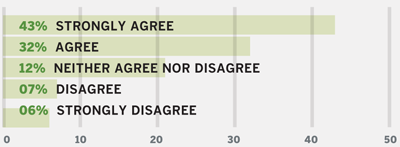
-
I SUPPORT CHANGING THE CURRENT LICENSURE MODEL TO ENSURE THAT THE PROFESSION ADAPTS TO EMERGING TECHNOLOGIES AND SOCIETAL TRANSFORMATIONS.
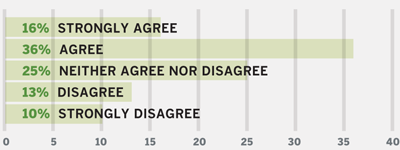
-
I SUPPORT THE LICENSING OF ENGINEERS ONLY AS PROFESSIONAL ENGINEERS AND NOT BY DISCIPLINE SPECIFIC TITLES OR SPECIALIZATIONS.
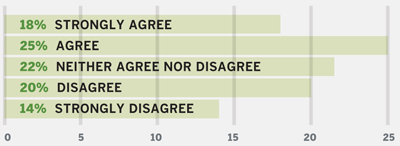
-
LICENSING BASED ON DISCIPLINE-SPECIFIC TITLES OR PRACTICE ACTS WEAKENS RATHER THAN STRENGTHENS THE INTEGRITY OF THE LICENSE.
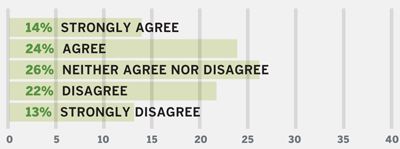
What are the 3 Top Issues You’re Dealing with as a Professional Engineer?
-
For the first time, survey participants were asked to share their top three issues and concerns in their professional practice.
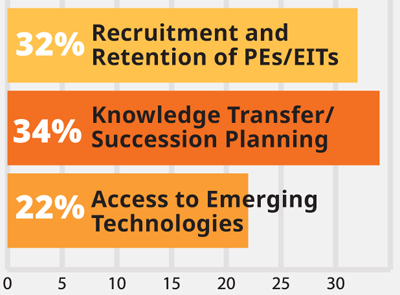
-
Runner Up Issues:
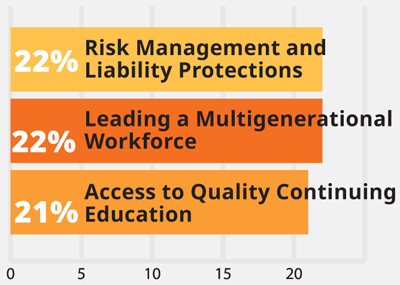
Other areas of concern: ethical and responsible practice; business development, marketing, and client relations; access to leadership training/mentoring opportunities; project management resources; sustainable and resilient design; recruitment and retention of women/ underrepresented minorities; and other.
The Job Market and Diversity Policies
Survey participants maintain a positive view of the current job market for engineers even as the nation faces economic uncertainties and businesses deal with the Great Resignation. Forty-two percent agreed that the market is good for engineers, while 35% strongly agreed (In 2020, 56% of survey participants agreed and 27% strongly agreed). Thirty-eight percent agreed that their company/employer pays a competitive salary, while 21% strongly agreed.
As NSPE continues to bolster its support of diversity, equity, and inclusion policies and initiatives within the engineering community, most survey participants believe their organizations are on the same track. Thirty-nine percent agreed and 24% strongly agreed that their company/ organization appreciates and welcomes diverse perspectives and input, while 32% agreed and 22% strongly agreed that their company/organization has adequate diversity, equity, and inclusion programs in place.
-
THE CURRENT JOB MARKET FOR ENGINEERS IS GOOD.
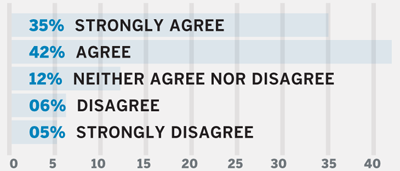
-
MY COMPANY/EMPLOYER PAYS ME A COMPETITIVE SALARY.
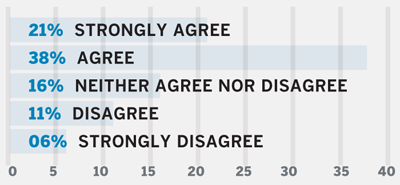
-
MY COMPANY/ORGANIZATION APPRECIATES AND WELCOMES DIVERSE PERSPECTIVES AND INPUT.
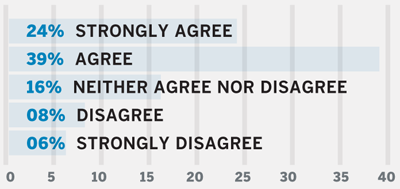
-
MY COMPANY/ORGANIZATION HAS ADEQUATE DIVERSITY, EQUITY, AND INCLUSION PROGRAMS IN PLACE.
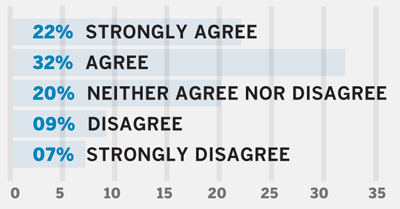
Advocacy and Public Policy
NSPE members and staff logged a record-breaking 4,323 grassroots actions in 2021—a 129% increase over the number of grassroots actions logged in 2020. Over the course of 35 advocacy campaigns, more than 1,400 members made their voices heard. These campaigns spanned a variety of issues, from protecting the license to infrastructure to STEM education. That momentum carried over into 2022.
The value of this engagement revealed itself in the Engineering Outlook Survey with 34% of participants stating that they have met or corresponded with legislators or public officials about an issue or legislation affecting the practice of engineering within the last 12 months. This is a significant increase from two years ago. In the 2020 survey, 18% of participants stated that they corresponded or met with a legislator or public official within the past 12 months.
When Congress passed the bipartisan Infrastructure Investment and Jobs Act, NSPE applauded this legislative action as a win for getting $660 billion in much needed infrastructure improvements for the nation. Thirty-two percent of survey participants agreed that their firm or organization will benefit from the bipartisan infrastructure law, while 16% strongly agreed.
However, there is a belief that there is a shortage of engineers to responsibly carry out projects that will take place from the funding in the bipartisan infrastructure law—35% of participants agreed and 19% of participants strongly agreed.
My company Headwaters Solutions LLC will benefit from the bipartisan infrastructure law because funds for low emissions buses create substantial demand for hydrogen production and hydrogen refueling projects.
Frank Lomax, Ph.D., P.E. (Hector, New York)
My firm will definitely benefit from the Infrastructure Investment and Jobs Act. Cobb Fendley provides numerous services including Right of Way acquisition, subsurface utility engineering, survey, municipal engineering, utility coordination, and the list goes on. All of our services will be fully utilized with the projects that will come from this law. I’m excited for the work to come and for new ways to bring solutions to my community!
Kristen Van Hoosier, P.E., (Austin, Texas)
-
HAVE YOU MET OR CORRESPONDED WITH LEGISLATORS OR PUBLIC OFFICIALS ABOUT AN ISSUE OR LEGISLATION AFFECTING THE PRACTICE OF ENGINEERING WITHIN THE LAST 12 MONTHS?
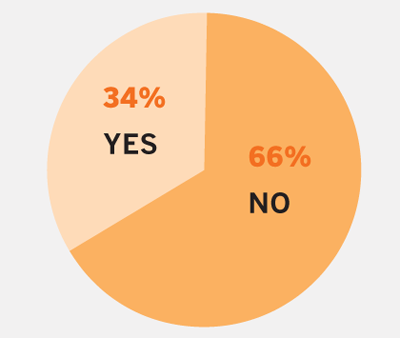
-
I BELIEVE THE GENERAL PUBLIC AND LEGISLATORS UNDERSTAND THE VALUE OF THE PE LICENSE AND THE PROFESSIONAL ENGINEER.
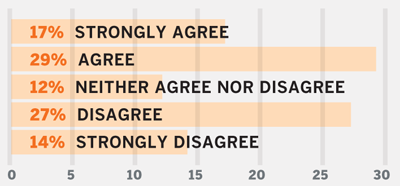
-
MY FIRM/ORGANIZATION WILL BENEFIT FROM THE BIPARTISAN INFRASTRUCTURE LAW.
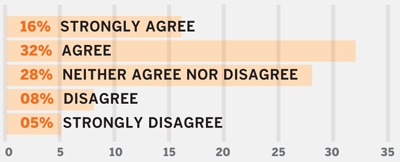
-
I BELIEVE THERE IS A SHORTAGE OF ENGINEERS TO RESPONSIBLY CARRY OUT PROJECTS THAT WILL TAKE PLACE FROM THE FUNDING IN THE BIPARTISAN INFRASTRUCTURE LAW.
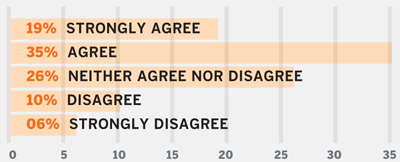


 Volunteering at NSPE is a great opportunity to grow your professional network and connect with other leaders in the field.
Volunteering at NSPE is a great opportunity to grow your professional network and connect with other leaders in the field. The National Society of Professional Engineers (NSPE) encourages you to explore the resources to cast your vote on election day:
The National Society of Professional Engineers (NSPE) encourages you to explore the resources to cast your vote on election day:
